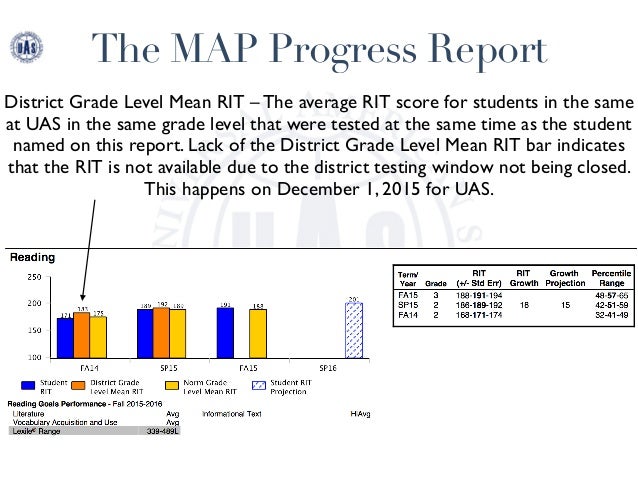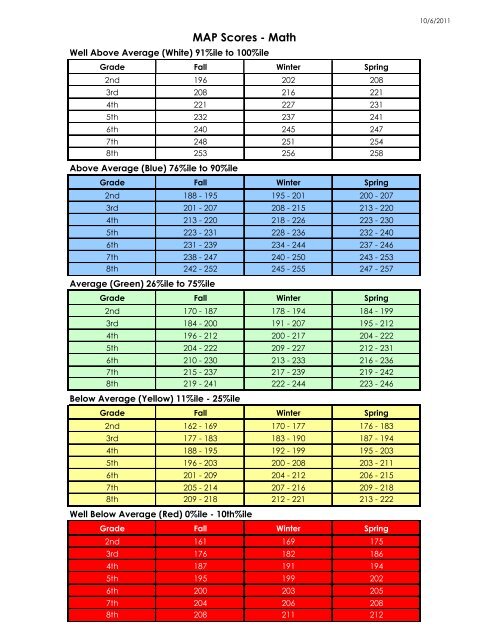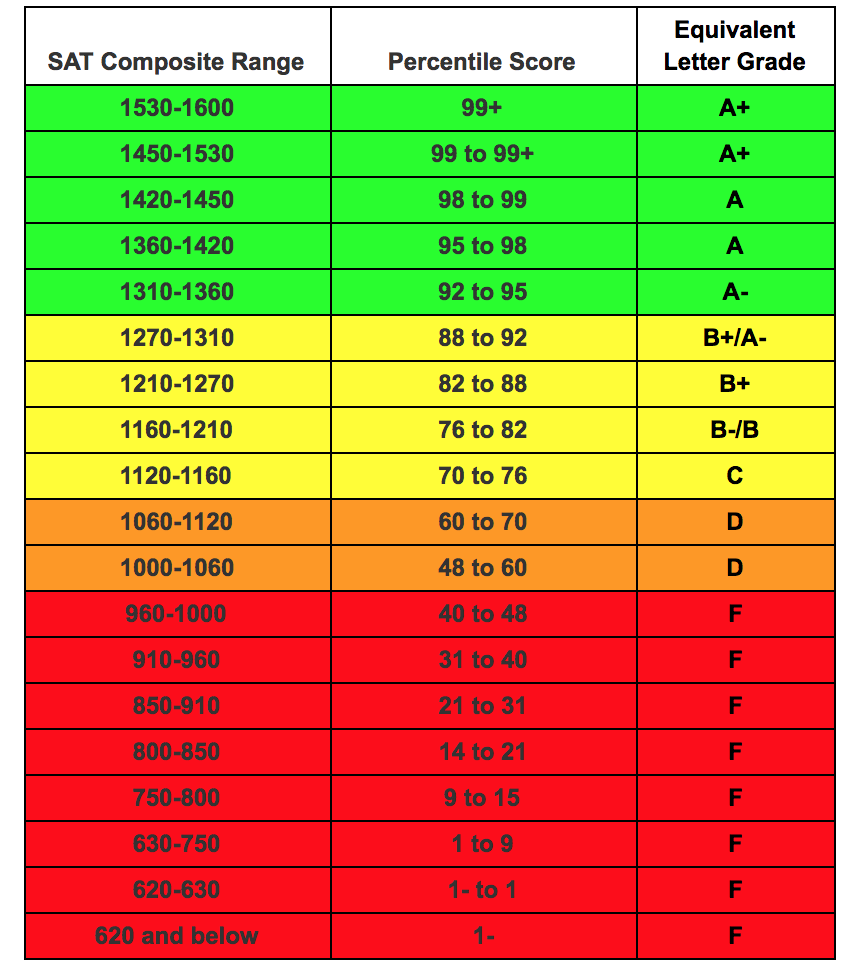Understanding the Gift of Map Scores: A Comprehensive Guide
Related Articles: Understanding the Gift of Map Scores: A Comprehensive Guide
Introduction
In this auspicious occasion, we are delighted to delve into the intriguing topic related to Understanding the Gift of Map Scores: A Comprehensive Guide. Let’s weave interesting information and offer fresh perspectives to the readers.
Table of Content
- 1 Related Articles: Understanding the Gift of Map Scores: A Comprehensive Guide
- 2 Introduction
- 3 Understanding the Gift of Map Scores: A Comprehensive Guide
- 3.1 Defining Map Scores: A Window into Spatial Reasoning
- 3.2 The Significance of High Map Scores: Unleashing Potential
- 3.3 Factors Influencing Map Scores: A Multifaceted Understanding
- 3.4 Enhancing Map Scores: A Journey of Development
- 3.5 FAQs: Addressing Common Questions
- 3.6 Conclusion: Embracing the Gift of Spatial Reasoning
- 4 Closure
Understanding the Gift of Map Scores: A Comprehensive Guide

The concept of "gifted" map scores often arises in discussions surrounding spatial reasoning and cognitive abilities. While the term itself might seem like a metaphorical descriptor, it actually refers to a specific and measurable aspect of human cognition. This article delves into the world of map scores, exploring their significance, the benefits they offer, and how they contribute to various aspects of life.
Defining Map Scores: A Window into Spatial Reasoning
Map scores, often referred to as "spatial reasoning scores," are a quantifiable measure of an individual’s ability to understand and manipulate spatial information. This encompasses tasks like:
- Mental Rotation: The ability to visualize objects in three-dimensional space and rotate them mentally.
- Spatial Visualization: The ability to perceive and mentally manipulate objects in space, such as imagining how a folded piece of paper would look when unfolded.
- Spatial Memory: The ability to recall and remember spatial relationships between objects or locations.
- Spatial Orientation: The ability to understand and navigate within a spatial environment, including identifying directions and distances.
These abilities are not simply about drawing maps or navigating a city. They are fundamental cognitive skills that underpin a wide range of activities, from problem-solving and decision-making to learning new skills and adapting to changing environments.
The Significance of High Map Scores: Unleashing Potential
Individuals with high map scores possess a distinct advantage in various aspects of life:
Academic Success: Spatial reasoning is crucial for understanding and applying concepts in fields like mathematics, science, engineering, and architecture. Students with strong spatial abilities often excel in these subjects, demonstrating a natural aptitude for visualizing complex equations, understanding geometric relationships, and interpreting data visually.
Career Advantages: Many professions require strong spatial reasoning skills, including:
- Engineering: Designing and building structures, optimizing systems, and understanding complex spatial relationships.
- Architecture: Planning and designing buildings, visualizing spaces, and understanding the interplay of form and function.
- Medicine: Interpreting medical images, performing surgical procedures, and understanding the human body’s anatomy.
- Computer Science: Developing algorithms, designing user interfaces, and understanding data structures.
- Pilot and Navigation: Understanding spatial orientation, navigating complex airspace, and interpreting maps and instruments.
Everyday Life: High map scores can make everyday tasks easier and more enjoyable:
- Navigation: Finding your way around unfamiliar environments, reading maps, and using GPS systems effectively.
- Problem-solving: Thinking creatively, visualizing solutions, and understanding complex relationships between objects.
- Visual Arts: Understanding perspective, composition, and spatial relationships in art and design.
- Games and Puzzles: Excelling in spatial reasoning-based games, such as Tetris, Rubik’s Cube, and strategy games.
Factors Influencing Map Scores: A Multifaceted Understanding
While some individuals are naturally gifted with strong spatial abilities, it is important to acknowledge that map scores are not solely determined by genetics. Environmental factors and experiences play a significant role in shaping these skills:
- Early Exposure: Engaging in activities that stimulate spatial reasoning from a young age, such as playing with blocks, puzzles, and construction toys, can positively influence map scores.
- Education: Educational programs that emphasize hands-on learning, spatial visualization exercises, and problem-solving can enhance spatial reasoning skills.
- Culture: Some cultures may foster spatial reasoning skills through traditional games, crafts, or activities that involve spatial manipulation.
- Personal Interests: Individuals who engage in hobbies like art, music, dance, or sports often develop strong spatial skills through the practice and application of these activities.
Enhancing Map Scores: A Journey of Development
While some individuals may naturally possess high map scores, these abilities can be developed and enhanced through targeted effort and practice. Strategies to improve spatial reasoning include:
- Spatial Puzzles and Games: Engaging in activities like Sudoku, Tetris, Rubik’s Cube, and spatial reasoning puzzles can train the brain to visualize and manipulate objects in space.
- Visual Arts and Design: Engaging in drawing, painting, sculpting, or graphic design can enhance visual perception and spatial awareness.
- Hands-on Activities: Building with blocks, assembling models, or engaging in carpentry can improve spatial reasoning through practical experience.
- Mental Visualization Exercises: Practicing mental rotation exercises, imagining objects in different positions, and visualizing spatial relationships can improve spatial memory and visualization skills.
- Navigation and Mapping: Using maps, GPS systems, and engaging in outdoor activities that require navigation can enhance spatial orientation and map reading skills.
FAQs: Addressing Common Questions
1. Are map scores fixed or can they change?
Map scores are not fixed and can change over time with practice and experience. Engaging in activities that stimulate spatial reasoning can lead to improvements in map scores.
2. What are the best ways to test map scores?
Standardized spatial reasoning tests, such as the Mental Rotations Test, the Vandenberg Mental Rotations Test, and the Spatial Relations Test, are commonly used to assess map scores.
3. Can map scores be used to predict future success?
While map scores are a good indicator of spatial reasoning abilities, they are not a definitive predictor of future success. Other factors, such as motivation, personality, and social skills, also play significant roles in determining success.
4. Are there any disadvantages to having high map scores?
While high map scores offer numerous advantages, there are no known disadvantages to having strong spatial reasoning abilities.
5. Is it possible to be gifted in one area of spatial reasoning but not others?
Yes, individuals may excel in one area of spatial reasoning, such as mental rotation, while having weaker abilities in other areas, such as spatial visualization.
Conclusion: Embracing the Gift of Spatial Reasoning
Map scores are a measure of a crucial cognitive skill that plays a vital role in academic success, career advancement, and everyday life. While some individuals may naturally possess strong spatial reasoning abilities, it is important to acknowledge that these skills can be developed and enhanced through targeted effort and practice. By embracing the gift of map scores, individuals can unlock their potential, navigate the world with confidence, and excel in various aspects of life.








Closure
Thus, we hope this article has provided valuable insights into Understanding the Gift of Map Scores: A Comprehensive Guide. We thank you for taking the time to read this article. See you in our next article!
